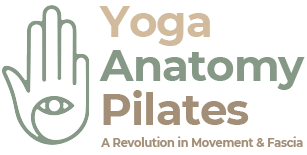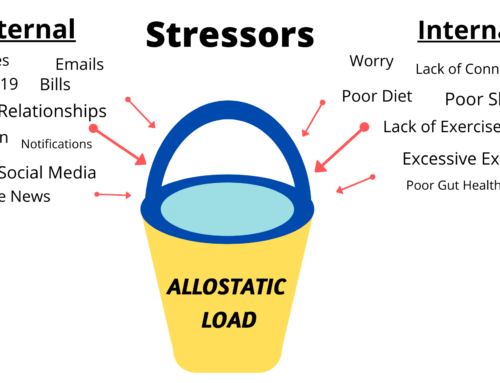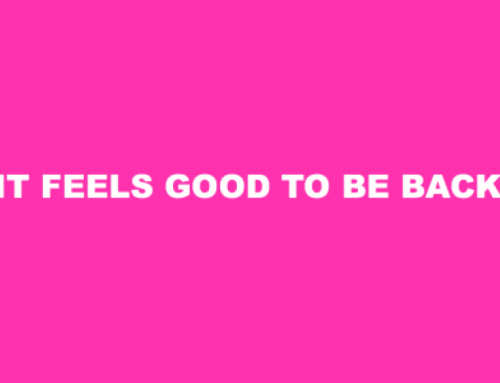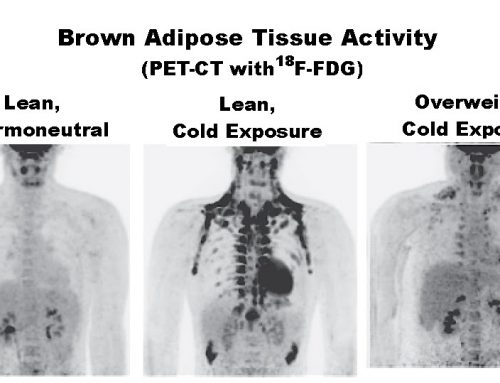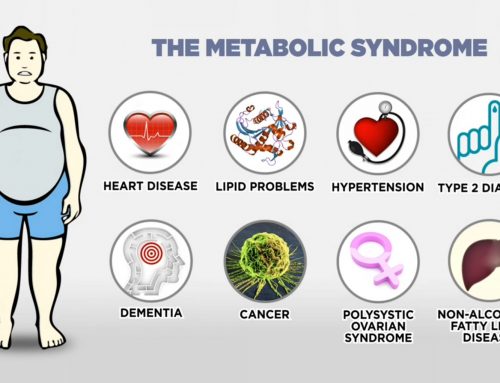Every time we check out at the supermarket tills or stop to pay for petrol we are surrounded by sugary special offers. Some chain stores will even offer you their old stock when you come to pay your bill in an attempt to get rid of more cheap sugar bars. The 2016 medical study showed the widespread use of in-store marketing strategies to induce unhealthy impulsive purchases has implications for shopping experience, food choice and possibly adverse health outcomes. The aim of this study was to examine consumer attitudes and evaluate sales effects of a healthy checkout supermarket intervention.
Methods
Consumer attitudes towards unhealthy snack exposure in supermarkets were examined in a qualitative pre-intervention study (29 short in-store interviews, 11 semi-structured interviews and three focus group interviews). Findings were presented to food retailers and informed the decision to test a healthy checkout intervention. Sugar confectionery at one checkout counter was substituted with fruit and healthy snacking items in four stores for 4 weeks. The intervention was evaluated by 48 short exit interviews on consumer perceptions of the intervention and by linear mixed model analyses of supermarket sales data from the intervention area and a matched control area.1
Results
The qualitative pre-intervention study identified consumer concern and annoyance with placement and promotion of unhealthy snacks in local stores. Store managers were willing to respond to local consumer concern and a healthy checkout intervention was therefore implemented. Exit interviews found positive attitudes towards the intervention, while intervention awareness was modest. Most participants believed that the intervention could help other consumers make healthier choices, while fewer expected to be influenced by the intervention themselves. Statistical analyses suggested an intervention effect on sales of carrot snack packs when compared with sales before the intervention in Bornholm control stores (P < 0.05). No significant intervention effect on sales of other intervention items or sugar confectionery was found.
Bibliography
